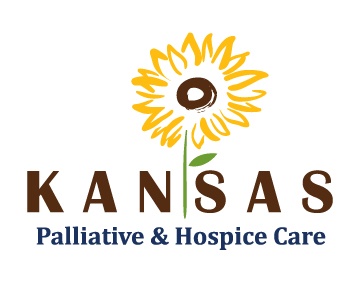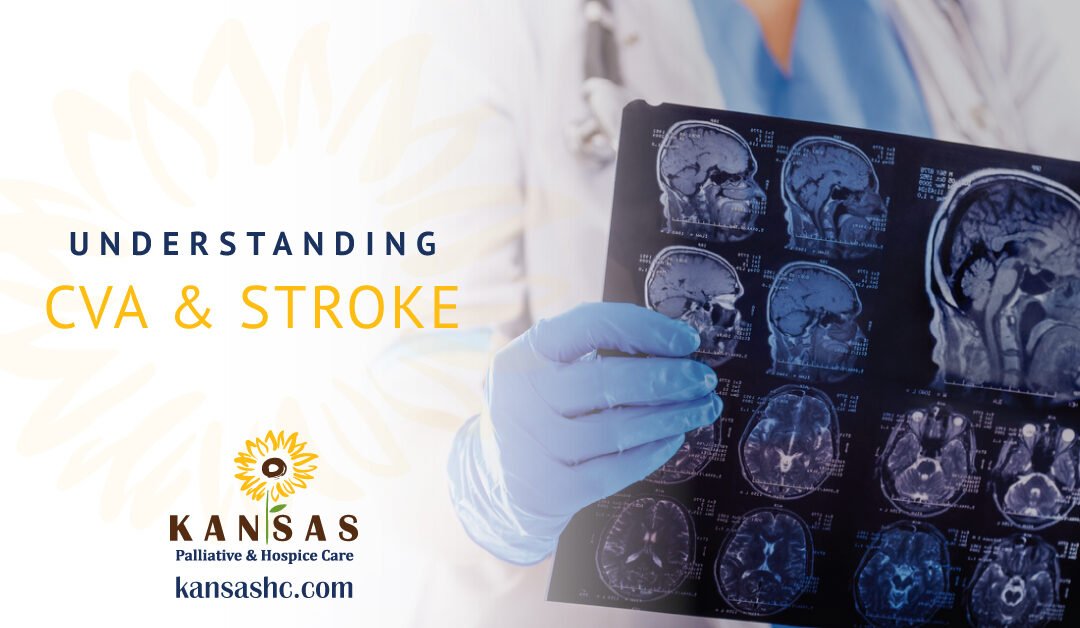Cerebrovascular accidents (CVAs), commonly referred to as strokes, are serious medical events that can have profound effects on individuals and their families. When someone has a stroke that causes significant disability or life-limiting conditions, hospice care becomes a crucial component in providing compassionate support and comfort.
We’ll take a closer look at CVA/stroke symptoms, causes, and long-term effects, and how hospice care can help.
What is a CVA/Stroke?
A stroke happens when the blood supply to the brain is disrupted, leading to damage in the affected area. Strokes can be caused by either a blockage in the blood vessels supplying the brain (ischemic stroke) or bleeding within the brain (hemorrhagic stroke).
Common symptoms of a stroke can vary depending on the type of stroke (ischemic or hemorrhagic) and the area of the brain affected. It’s important to remember the acronym F.A.S.T., which stands for:
- Face Drooping: One side of the face may droop or feel numb. Ask the person to smile; if their smile is uneven or lopsided, it may be a sign of a stroke.
- Arm Weakness: One arm may become weak or numb. Ask the person to raise both arms; if one arm drifts downward or cannot be raised, it may indicate a stroke.
- Speech Difficulty: Speech may be slurred, and the person may have trouble speaking or understanding others. Ask the person to repeat a simple sentence; if their words are jumbled or incomprehensible, it could be a sign of a stroke.
- Time to Call Emergency Services: If someone shows any of the above symptoms, it’s crucial to call emergency services immediately. Time is of the essence in stroke treatment, and prompt medical attention can help minimize damage and improve outcomes.
Other common symptoms of a stroke can include:
- Sudden severe headache with no known cause
- Trouble with coordination, balance, or walking
- Numbness or weakness on one side of the body, including the arm, leg, or face
- Sudden vision changes, such as blurred or double vision
- Confusion, difficulty understanding or speaking
- Dizziness or loss of balance
- Trouble swallowing
How Hospice Care Can Help
Hospice care provides crucial support for individuals with life-limiting illnesses, including those who have experienced a stroke or are dealing with the effects of a CVA. Hospice professionals specialize in managing pain and distressing symptoms, providing emotional and psychological support to patients and their loved ones.
They assist with activities of daily living, offer rehabilitation and therapy services to improve mobility and regain lost functions and educate families on caregiving techniques. Hospice care also addresses spiritual and social needs, provides comfort and guidance, and continues to offer bereavement support following the passing of a loved one. Contact us to learn more.


